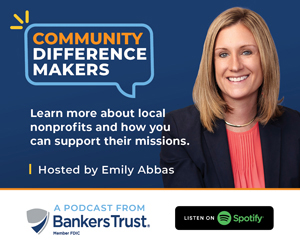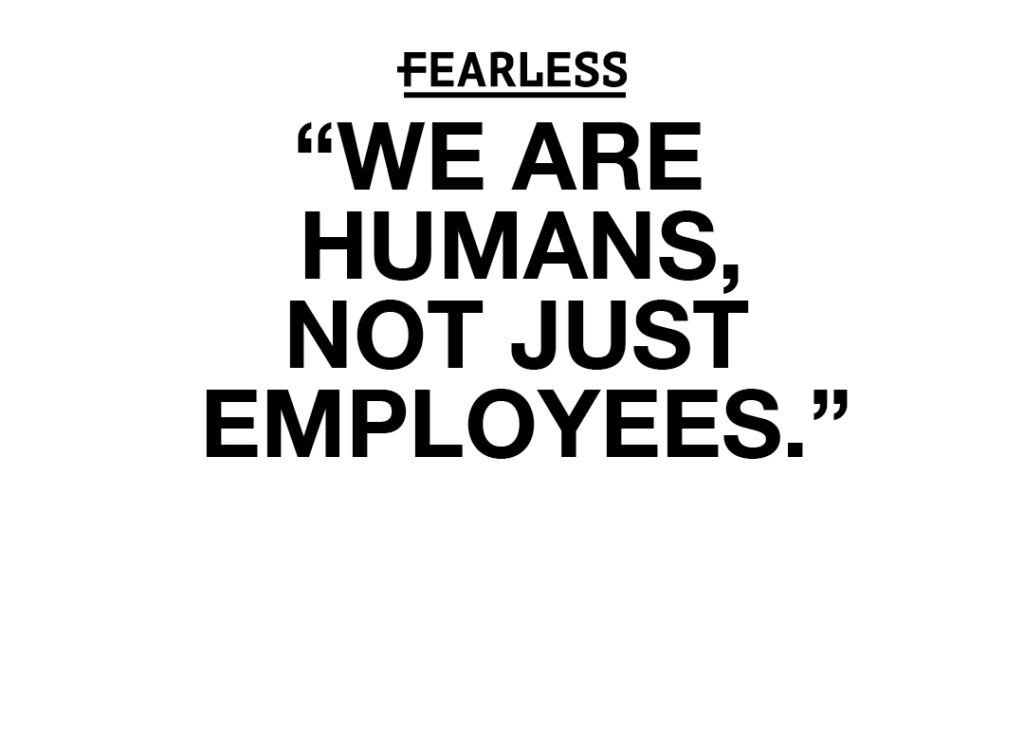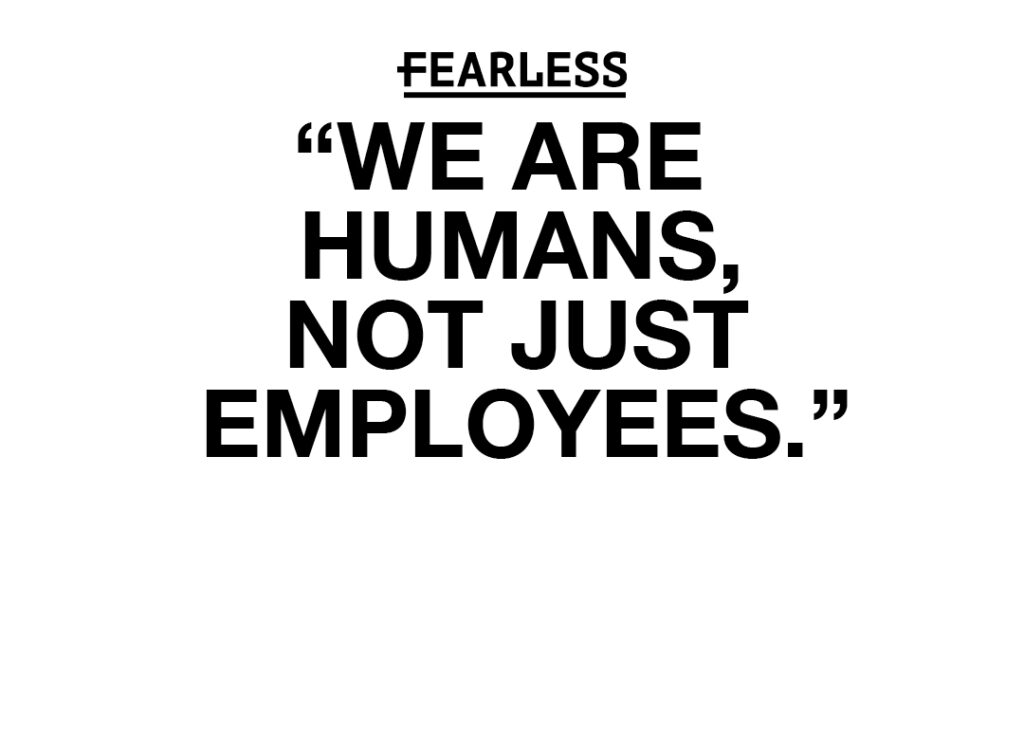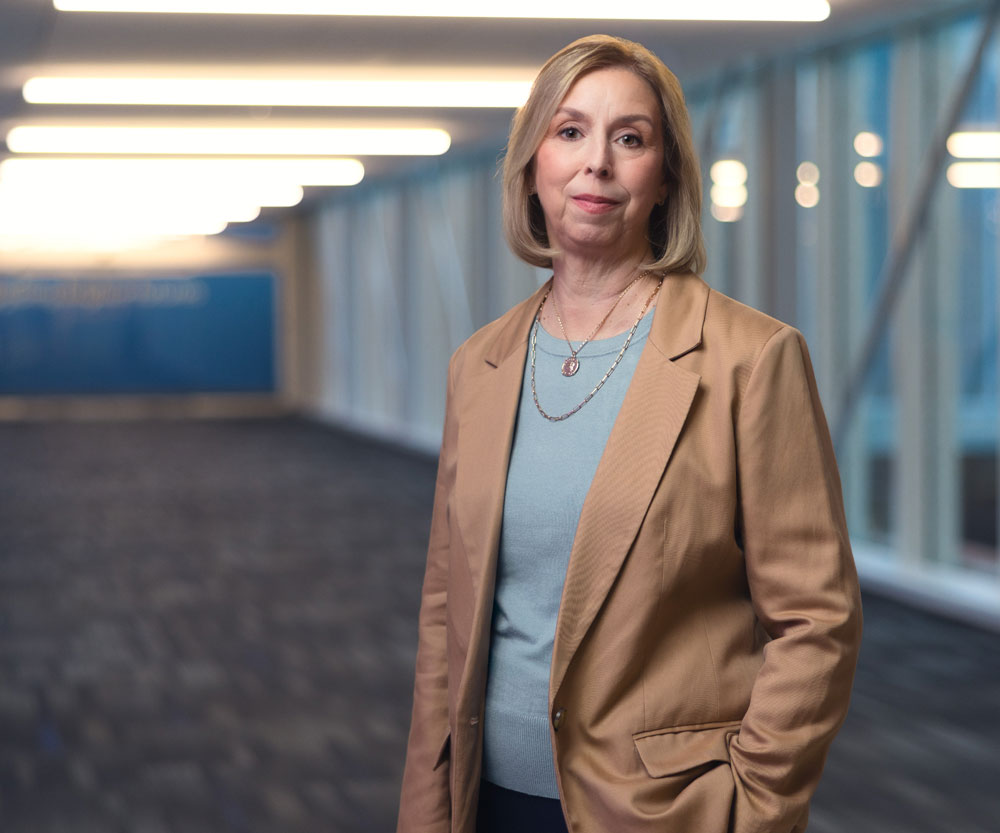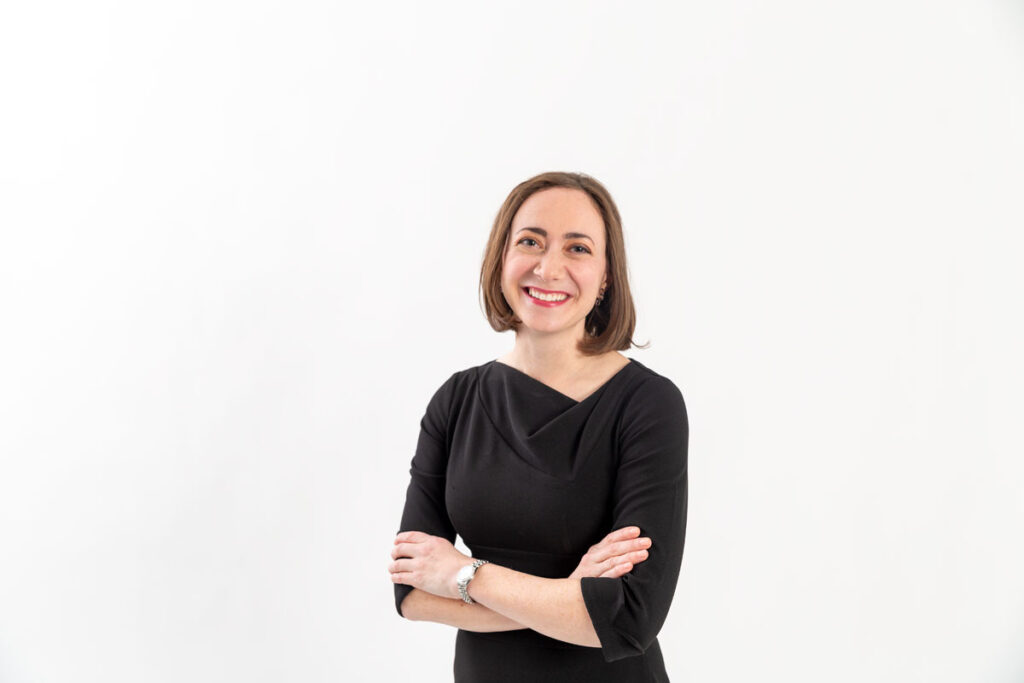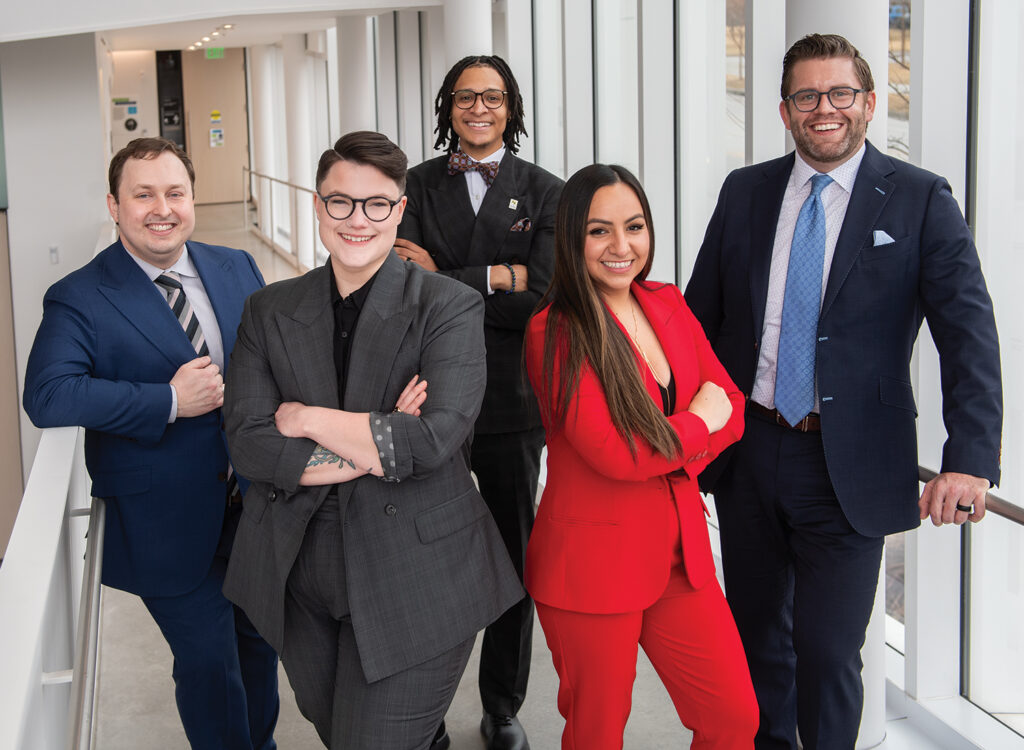2020 Women of Influence Honoree: Kesho Scott

KATE HAYDEN Jul 23, 2020 | 5:53 am
2 min read time
484 wordsBusiness Record Insider, Women of InfluenceIn early June, Dr. Kesho Scott called on her Grinnell neighbors with a request. Minneapolis man George Floyd had just died at the hands of police, news and social media were a whirl of coverage and Americans were taking to protests. Scott saw a place for 150 residents to lend their voice in a small memorial, now located on the United Church of Christ property.
A few weeks in, Scott had assisted three more rural communities in setting up George Floyd memorials and planned to help as many communities that asked her to.
“That’s what I’m supposed to be doing, and I’m really grateful that I could do that,” she said. “Our racial narrative in America doesn’t have to be one of hate. Our racial narratives in America can be one of unity.”
Scott sees leadership like a puzzle: pieces of a vision, the service of an individual’s skills, personal integrity and the connections of an individual’s personal mission and visible actions.
Through life, Scott has sought to develop her own influence and skills to be of service to a broader community — in her adopted hometown of Grinnell, the international leadership she’s developed in teaching unlearning-racism workshops and in the sociology classrooms at Grinnell College. In 2017, Scott appealed directly to more than 26,000 attendees as the featured speaker at the Iowa Women’s March in Des Moines.
“Leadership to me is a relationship, it’s not a role. And in being in a relationship with someone else means that [it] requires that you listen, and requires that you have felt a sense that you’re present with someone,” Scott said. “When leadership isn’t felt by others as a relationship that’s connected, then you’re not really a leader, you’re playing a role.”
Scott has long used travel, both personal and professional, to develop her own understanding of being a global citizen. Early in high school, Scott, a descendant of enslaved African Americans, resolved to visit Africa. She’s taught on a Fulbright Fellowship in Ethiopia and traveled as a guest lecturer in China, two of the 40 countries she’s visited over the years.
“Travel was always on my agenda, always a tool for how I can expand. Choosing to be a global citizen meant that I can operate at the local level, but with the idea of having global influence,” Scott said.
“I wanted to have the greatest influence, because that gave me the ability to have an impact.”
THREE AREAS OF INFLUENCE
1. Scott developed an “affirmative duty” technique and facilitates hundreds of workshops around the world devoted to helping attendees unlearn racism.
2. As an educator, Scott valued teaching Grinnell College students to be thought leaders in their home communities to spread positive influence for social change.
3. As a published author and keynote speaker, Scott documents and amplifies the cultural experiences of Black women surviving racism, sexism and other life barriers.


